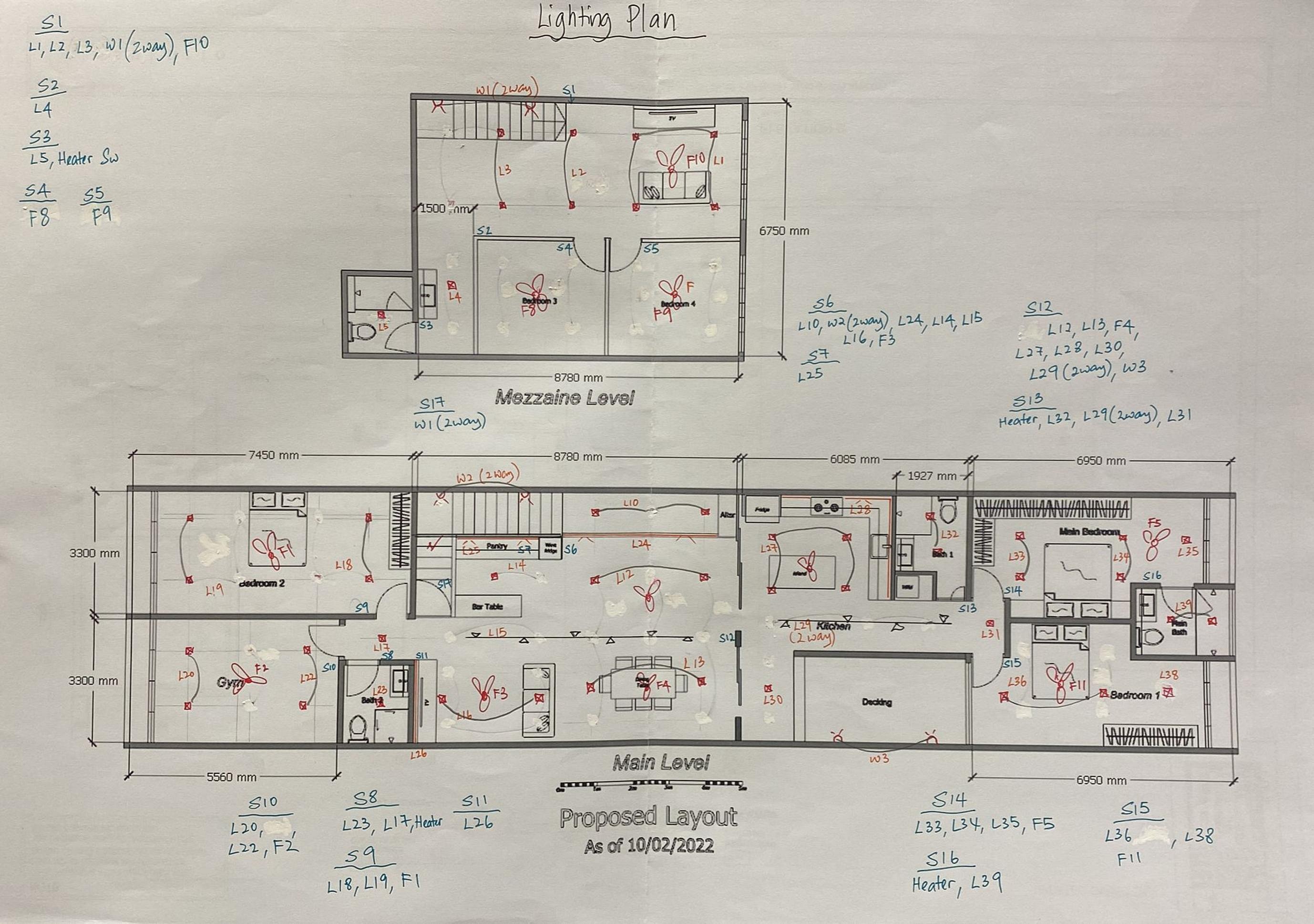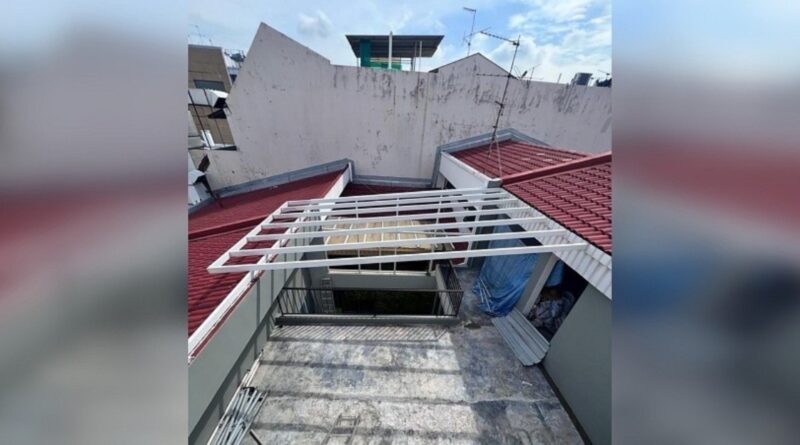Court orders homeowner of East Coast Road shophouse to remove mezzanine floor built without approval, Singapore News
SINGAPORE – The owner of a shophouse unit in East Coast Road intended to secretly build a mezzanine floor, but his scheme was foiled by the accidental discovery of a layout plan that showed the unauthorised level.
The management corporation of the Frankel Estate development, which comprises four strata-titled units, had come across a “lighting plan” pasted on the wall of the unit on Feb 19, 2022 amid renovation.
This plan – unlike the one submitted for renovation approval – showed a 676 sq ft mezzanine floor, comprising a living area, two bedrooms and a bathroom, which was connected to the base level by a staircase.
When told to stop the works, homeowner Ng Jun Quan and his contractor initially denied that they were building a mezzanine floor.
The works continued despite subsequent objections by the management corporation.
Under the law, owners of strata-titled units have to obtain approval through a 90 per cent resolution passed at a general meeting before carrying out works that increase floor area.
Mr Ng eventually admitted in May 2022 that he had built the mezzanine level, stating in an e-mail that “many do mezza illegally” in Singapore and that he was going through the “proper way”.
Eventually, the management corporation convened an extraordinary general meeting on Dec 14, 2022.
Mr Ng was the only owner to vote in favour of a motion to approve the mezzanine level.
On the other hand, a motion was passed to start legal proceedings to compel him to remove the structure.
After the meeting, the other homeowners and a representative of the managing agent went to his unit to inspect the mezzanine level, which had been completed by then.
This inspection led to the discovery of more renovation works.
Mr Ng had removed a portion of the roof and the roof gutter, converting the area into an open terrace and installing a roofing frame.
He had also partly demolished a wall to create access from the mezzanine floor to the terrace.

Mr Ng was taken to court in December 2023 after he refused to reinstate the unit to its original condition.
The management corporation, represented by lawyers, Mr Daniel Chen and Mr Enzel Tan, of Lee & Lee, sought mandatory injunctions that would effectively reverse the unauthorised renovation works.
In May, a district judge granted most of the injunctions sought, ordering Mr Ng to remove the mezzanine level and the staircase, and to reinstate the removed common property.
In his judgment, District Judge Jonathan Ng said the mezzanine floor and staircase increased the floor area of the unit, and was in breach of the Building Maintenance and Strata Management Act.
Judge Ng also ruled that most of the other works had damaged common property, constituting a breach of prescribed by-laws.
He ordered Mr Ng to reinstate the removed portion of the roof, the demolished part of the wall, and the roof gutter.
The judge rejected Mr Ng’s argument that he would suffer “substantial hardship” if he was made to remove the mezzanine level and staircase since he had spent $288,888 on the works.
The cost of renovation cannot be regarded as a relevant hardship, said Judge Ng.
The judge also rejected Mr Ng’s argument that he was led to believe he could carry on with the renovation while submissions to obtain approval from the Urban Redevelopment Authority were being prepared.
This claim was contradicted by e-mail messages, which showed that the management corporation had consistently taken the position that the works should stop until the requisite approval had been obtained, said the judge.
He noted that the additional liveable space created was “equivalent to that of a modern-day two-bedroom apartment”.
“All of this would have been unobjectionable had the necessary authorisations, approvals and resolutions been obtained. However, none of these were obtained,” said the judge. “Instead, it appeared that the defendant had intended to carry out the renovation works clandestinely.”
Mr Ng, who was represented by law firm Ling & Ling, then appealed to the High Court. However, the appeal was dismissed in August.
[[nid:687780]]
This article was first published in The Straits Times. Permission required for reproduction.

